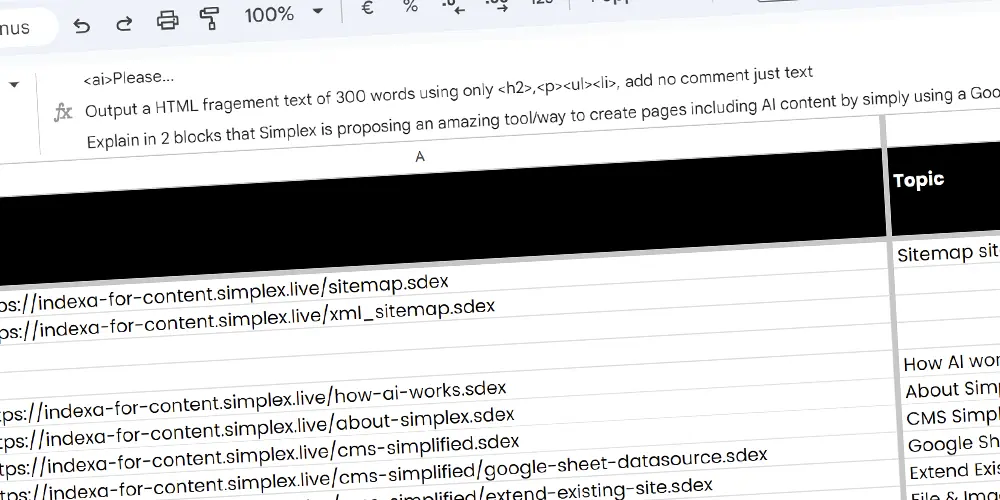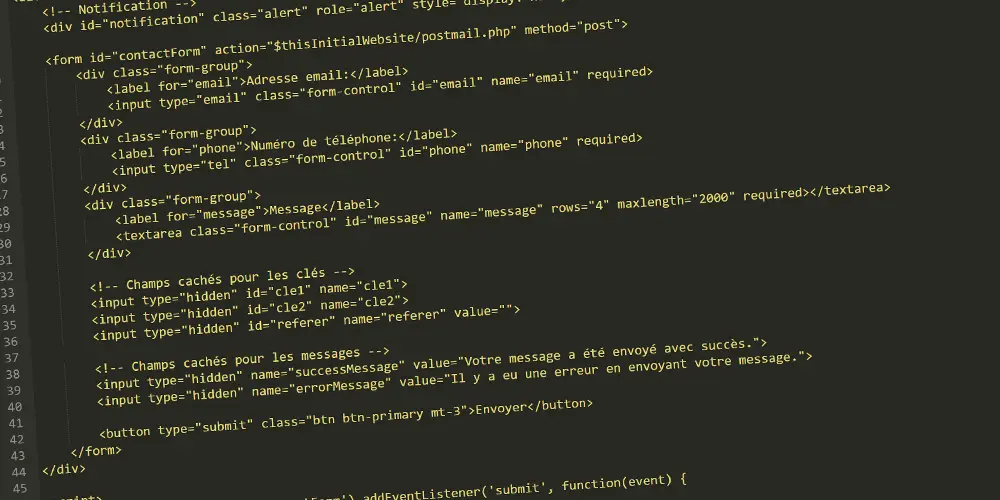[[param]]heading=What Elon Musk’s Role Could Mean in a Future Trump Administration[[/param]]
Speculation is growing around Elon Musk’s possible position within a Trump administration if the former president secures a second term. Reports suggest Musk could lead a newly proposed Department of Government Efficiency or take on a role aimed at [[stabilo]]streamlining and reducing government expenditure[[/stabilo]]. The prospect has garnered widespread public interest and mixed reactions, as Musk’s approach to business and technology could reshape federal operations and influence regulatory environments.
[[tooltip-box]]Key Insights|
- Proposed Role: Head of a Department of Government Efficiency focused on cost-cutting and reform.
- Potential Benefits to Business: Deregulation in energy, AI, and aerospace industries could benefit Musk’s companies.
- Public Reception: Supporters welcome Musk’s efficiency, while critics voice concerns about his suitability for public service.
- Ethical Considerations: Conflicts of interest may arise, as policy decisions could impact Musk’s business ventures directly.
[[/tooltip-box]]
[[cleft]]
[[h2]]Musk’s Potential Role as "Secretary of Government Efficiency"[[/h2]]
Should he be appointed, Musk is expected to spearhead initiatives for reducing waste and optimizing government spending—a primary goal in Trump’s proposed second-term agenda. His role would likely entail [[stabilo]]streamlining federal operations[[/stabilo]] and implementing cost-reduction strategies. Trump supporters highlight Musk’s success in driving innovation and productivity at Tesla and SpaceX, noting his reputation for [[stabilo]]achieving high-impact results with lean budgets[[/stabilo]].
However, Musk’s private sector approach may not seamlessly translate to the public sphere, where priorities such as equity, compliance, and [[stabilo]]public accountability[[/stabilo]] differ significantly from those in corporate environments. There is ongoing debate as to whether Musk’s [[stabilo]]high-efficiency, high-output model[[/stabilo]] could effectively address government inefficiencies without compromising the needs and rights of citizens. While Trump’s camp views Musk as a visionary for government reform, skeptics are concerned about Musk’s capacity to balance corporate efficiency with public service principles.
[[/cleft]][[cright]]
[[h2]]Business Advantages and Policy Shifts in Key Industries[[/h2]]
Musk’s involvement in government could bring considerable benefits to his business interests, especially if he influences [[stabilo]]deregulation in sectors such as energy, AI, and aerospace[[/stabilo]]. For Tesla, deregulation could reduce constraints in areas of electric vehicle (EV) production, allowing the company to accelerate production and innovation. Similarly, SpaceX could see growth opportunities as barriers to private aerospace ventures potentially decrease under Musk’s influence.
In addition to easing regulatory constraints, Musk’s role might also position him to [[stabilo]]advocate for AI-driven reforms[[/stabilo]] in government processes. His work with OpenAI and advancements at Neuralink reflect his interest in AI and automation, both of which he could promote within federal systems to drive innovation. However, critics raise questions regarding [[stabilo]]potential conflicts of interest[[/stabilo]], as policy decisions he influences could directly or indirectly benefit his companies. This overlap between public influence and private interests underscores the need for ethical scrutiny in Musk’s prospective government role.
[[/cright]]
[[darkstyle]][[h2]]Public Reaction and Musk’s Qualifications for Government[[/h2]]
Public opinion on Musk’s prospective appointment has been divided. Supporters of Musk argue that his proven track record in business efficiency and [[stabilo]]cost management[[/stabilo]] could bring much-needed oversight to government spending. They view him as a catalyst for reform who can cut red tape, reduce administrative costs, and focus resources on high-priority projects. His unconventional approach and [[stabilo]]business acumen[[/stabilo]] are considered assets that could help reshape how government agencies operate.
On the other hand, critics worry that Musk’s corporate mindset may conflict with [[stabilo]]public service expectations[[/stabilo]]. They argue that the public sector’s emphasis on transparency, fairness, and ethical governance might clash with Musk’s results-oriented, sometimes unilateral decision-making style. Musk’s candid communication style, including his unfiltered presence on social media, also raises questions about his fit in a government setting, where diplomacy and messaging are often key. Many emphasize that government operations demand an approach that values [[stabilo]]equity, inclusiveness, and accountability[[/stabilo]] over corporate metrics.
[[/darkstyle]]
[[h2]]Strategic Implications for U.S. Federal Operations[[/h2]]
Should Musk assume a position focused on “government efficiency,” his influence could have long-lasting effects on federal operations. Proponents suggest that his [[stabilo]]commitment to innovation and tech-driven solutions[[/stabilo]] could advance government systems, potentially improving service delivery and operational transparency. By implementing [[stabilo]]AI and data-driven processes[[/stabilo]], Musk might advocate for technology adoption that simplifies bureaucracy and enhances decision-making.
Nevertheless, Musk’s involvement may also spotlight broader issues, such as the influence of wealthy individuals in politics and the balance between private interests and public welfare. Observers are particularly concerned about the potential for [[stabilo]]policy changes favoring large corporations[[/stabilo]] or decisions that reflect Musk’s ideological stances, such as his views on freedom of speech, which could influence digital governance and information management in the public sector.
Conclusion: A Radical Shift or Business as Usual?
Elon Musk’s possible role in a Trump administration marks a noteworthy intersection of [[stabilo]]corporate efficiency and government reform[[/stabilo]]. While his business achievements and vision for a tech-forward government are applauded by some, his unorthodox approach raises questions about the suitability of applying corporate methods to public service. Balancing the efficiency and innovation Musk could bring with the ethical and regulatory requirements of government work will be crucial. Whether Musk’s involvement leads to meaningful reform or sparks new debates on the role of billionaires in governance, his participation will undoubtedly shape U.S. federal operations and impact the future of public administration.
[[tooltip-box]]Summary: Elon Musk’s Potential Impact in Government| As discussions intensify, Musk’s proposed role in a Trump administration could drive [[stabilo]]cost-cutting and regulatory reform[[/stabilo]] across key sectors. His influence may support policy shifts favorable to Tesla, SpaceX, and AI-focused industries, while sparking ethical debates on the intersection of corporate interests and public service. With varied public reactions, Musk’s impact on government could range from streamlined efficiency to potential conflicts between private ambition and public accountability. [[/tooltip-box]]



